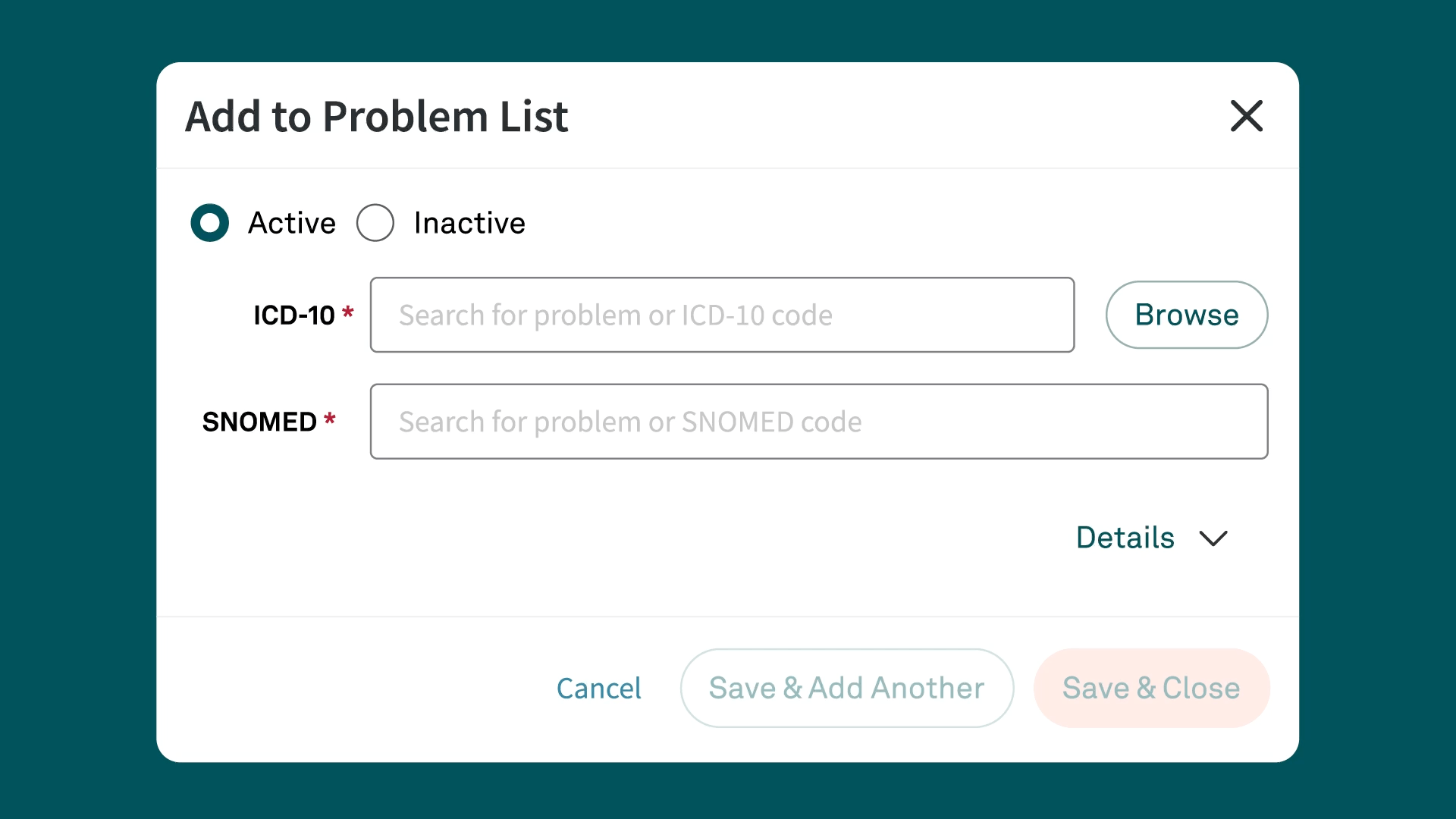ICD-10 Code M06.9
Rheumatoid arthritis, unspecified
What is the code M06.9?
M06.9 is an ICD-10-CM code used to identify "rheumatoid arthritis, unspecified." This code is part of the ICD-10-CM (International Classification of Diseases, 10th Revision, Clinical Modification) system, which is healthcare providers use to standardize the diagnosis of various medical conditions. M06.9 specifically refers to cases of rheumatoid arthritis where the specifics of the condition, such as the presence of rheumatoid factor, are not detailed.
Detailed description of M06.9
Rheumatoid arthritis (RA) is a chronic inflammatory disorder that primarily affects the joints. Unlike osteoarthritis, which is caused by wear and tear, RA is an autoimmune condition where the body's immune system mistakenly attacks the synovium — the lining of the membranes that surround the joints. This leads to inflammation, which can result in joint damage, pain, and swelling.
The ICD-10 code M06.9 is used when the type of rheumatoid arthritis is not specified. This can encompass a wide range of symptoms and severities, from mild cases that are managed with medication to severe cases requiring surgical intervention. The unspecified nature of M06.9 indicates that further diagnostic information is either unavailable or not provided in the medical records.
Symptoms commonly associated with M06.9
Patients diagnosed with M06.9 may exhibit a variety of symptoms, including:
- Persistent joint pain and tenderness, particularly in the hands, wrists, and knees
- Swelling and stiffness in the joints, often worse in the morning or after periods of inactivity
- Fatigue and general malaise
- Fever and loss of appetite in more severe cases
- Reduced range of motion and joint deformity over time
These symptoms can vary in intensity and duration, making the management of rheumatoid arthritis a complex and individualized process.
Related and similar ICD-10 codes
Several ICD-10 codes are related to or similar to M06.9, including:
- M05.9: Rheumatoid arthritis with rheumatoid factor, unspecified
- M06.00: Rheumatoid arthritis without rheumatoid factor, unspecified site
- M06.1: Adult-onset Still's disease
- M06.20: Rheumatoid bursitis, unspecified site
- M06.30: Rheumatoid nodule, unspecified site
- M06.80: Other specified rheumatoid arthritis, unspecified site
These codes provide more specific information about the type of rheumatoid arthritis and any associated factors, such as the presence of rheumatoid factor or specific complications.
Appropriate usage and guidelines for M06.9
When coding for M06.9, it is important to follow these guidelines:
- Documentation: Ensure that the diagnosis is documented in the patient's medical records,
- Specificity: Use M06.9 only when the specific type of rheumatoid arthritis is not determined or documented in the medical record If more information is available, use a more specific code.
- Consistency: Maintain consistency in coding practices across patient records to ensure accurate data collection and analysis.
- Updates: Regularly review coding guidelines and updates from authoritative sources like the Centers for Medicare & Medicaid Services (CMS) to stay compliant with current standards.
Common pitfalls in coding with M06.9
Common pitfalls when coding with M06.9 include:
- Lack of specificity: Using M06.9 when more specific information is available can lead to inaccurate data and potential issues with insurance claims.
- Incomplete documentation: Failing to document the diagnosis can result in denied claims or incorrect coding.
- Overuse: Only use unspecified codes like M06.9 when a more specific code can not be selected based on the medical record documentation.
Key resources for M06.9 coding
To ensure accurate coding for M06.9, consider the following resources:
- ICD-10-CM Official Guidelines for Coding and Reporting: These guidelines provide comprehensive instructions for using ICD-10 codes.
- CMS: CMS offers a wealth of resources and updates on coding practices, including webinars, manuals, and bulletins.
- Professional coding organizations: Organizations like the American Health Information Management Association (AHIMA) and the American Academy of Professional Coders (AAPC) offer educational resources, certifications, and support for medical coders.
- Rheumatology Associations: Organizations like the American College of Rheumatology offer clinical guidelines and resources for managing rheumatoid arthritis.
Conclusion
ICD-10 M06.9 is used to identify unspecified rheumatoid arthritis. Proper usage of this code requires thorough documentation and an understanding of related codes to ensure accurate diagnosis and effective patient management. By adhering to best practices and utilizing available resources, healthcare providers can improve coding accuracy and enhance the quality of care for patients with rheumatoid arthritis.
Simplify ICD-10 code documentation with Tebra
Tebra’s EHR+ gives you quick searches and Systematized Nomenclature of Medicine (SNOMED) field names for efficient code documentation. Plus, Tebra automatically saves ICD-10 to SNOMED mapping for future searches, streamlining your workflow.

Discover how Tebra helps providers effortlessly document health-related issues and conditions in this detailed post.
Stay Ahead with Expert Healthcare & Billing Insights
Get the latest industry updates, financial tips, and expert strategies — delivered straight to your inbox.
